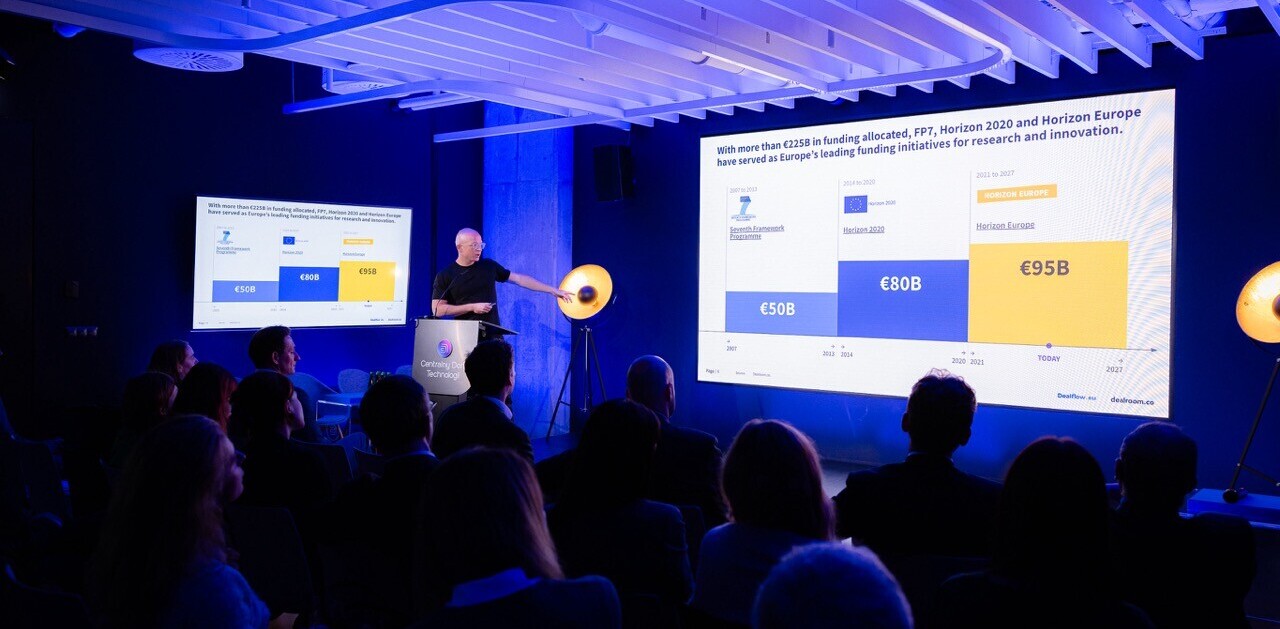
A European Union law regulating the use of cookies to track Internet users has stirred up controversy today.
From 25 May, European websites operators must gain “explicit consent” from visitors to their websites before they begin tracking their behaviour with cookie files.
As the BBC reports, this is designed ensure that users know that they are being tracked in order to serve relevant advertising based on their browsing habits. However, other types of cookies could well fall foul of the law too. While files that record the contents of your ‘basket’ on shopping sites are excluded, cookies that store login information or website settings will require this “explicit consent” too.
What effect will this have?
For companies that rely on a website as a key part of their business, this is incredibly worrying. The problem here is that many Internet companies rely on the higher rates available from behaviourally targeted ads. Stick a mandatory warning about tracking in a user’s face and they may well be scared off to a site run from elsewhere in the world that (while operating in exactly the same way) doesn’t worry them with warnings. Tweetmeme and Datasift CEO Nick Halstead has been particularly vocal about the issue on Twitter today. Might he seriously consider moving his exciting, innovative startup to the US?
Even if it doesn’t drive startups or their users elsewhere, it’s still sure to be annoying. I’ve had my current computer for three months and I already have 5000 cookies stored on it. Even if only a fraction of those are from European sites, the idea of approving hundreds of ‘explicit permissions’ per month is daunting.
The underlying sentiment of the law is perfectly legitimate – people probably don’t realise how much they’re being tracked by websites. A much more sensible, non-disruptive way of solving the problem would be an awareness campaign, promoting tools such as Google’s Keep My Opt Outs. That way, consumers would be more aware of the situation without risking an entire sector of the European economy.
Despite reports that many governments simply aren’t ready for it yet, the new law is mere months away. Expect fireworks.
Get the TNW newsletter
Get the most important tech news in your inbox each week.





